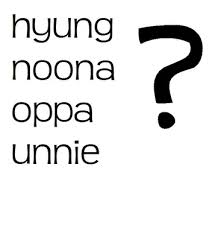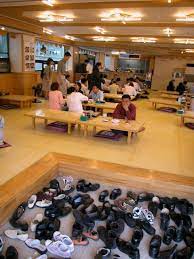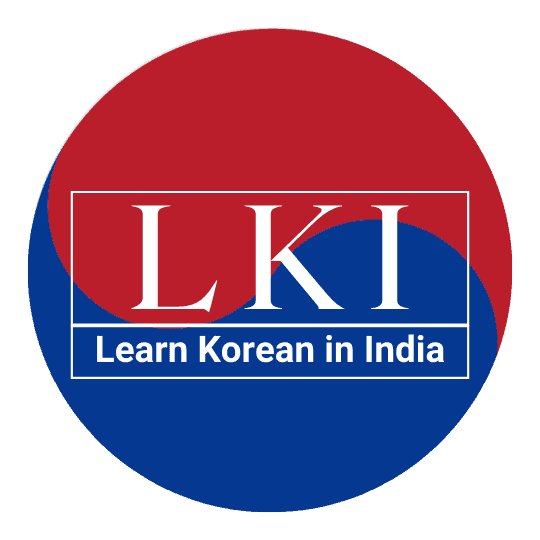Avoid doing these 5 things in Korea, if you don't want to get embarrassed and do not want any weird looks from Koreans. People often make these mistakes without realising and one of the main reasons is the culture difference. It's always better to do basic research about any country's culture before visiting there. After reading the below points, you can save yourself from making these mistakes in Korea.

CALLING STRANGERS OPPA/HYUNG/NUNA/UNNIE
Inspired by the K-Drama, people are mistaken that they can call anyone unnie/ nuna/ hyung or oppa. But the reality is different from what we watch in the fiction dramas.You cannot call anyone with these titles. In reality, these titles are used to address to your very close ones.
The literal meaning and use of these are:-
HYUNG-BROTHER (It is used by a boy to address his elder brother)
NUNA-SISTER/GIRLFRIEND (It is used by a boy to address his elder sister or his older girlfriend)
OPPA-BROTHER/BOYFRIEND (It is used by a girl to address her elder brother or her boyfriend)
UNNIE-SISTER (It is used by a girl to address her elder sister)

SPEAKING LOUD IN PUBLIC
When you are in a public place, especially while you are using a public transport system like a bus or subway. You should be silent and should not speak in a loud voice. Korean people have a very strict culture about how you should use a public vehicle and behave in a public place. You can also notice while on your trip that Koreans do not interact in the public transport, they do not talk on phone and if they listen to the music; they make sure to use earphone and the voice will be low that other people do not bother with it. Even smiling at the stranger also consider weird in Korea.

WEARING SHOES INSIDE SOMEONE'S HOME
In western countries, people can enter their houses in shoes. But in Asian countries, this is a culture of leaving your shoes outside when entering the house. Korean culture has taken it to the next level as these days they have lots of cafes and restaurants that have a board written on it to take off the shoes outside and people accepted that naturally in Korea. In Korean houses, you can find a shelf right next to the door made for specially to put your shoes. So, If you visit any Korean house, do not forget to take off your shoes outside the house.

TRYING TO TIP IN RESTRAUNTS
Tipping culture does not exist in Korea. People just simply eat food and pay for the food and leave. It works the same with other services too. They do not expect you to pay any tip so if you try to tip them, it can be a little awkward for both. So, it's better to just pay for the food or service and leave with a greeting or thanking gesture.

USING CHOPSTICKS TO EAT ALL KIND OF FOODS IN KOREA
Inspired by the K-Drama that shows all the drama characters using chopstick to eat everything, even the rice, differs totally from the Korean eating culture. People who travel to Korea feel so excited and want to try everything they see in dramas like wearing Hanbok, visiting dramas' location and trying eating Korean food they see in dramas. But, when it comes to dining manners, they need to realise that people in Korea also have spoons and forks and they also use them. So, if you try to eat everything with a chopstick in a restaurant in Korea, you can get some weird looks from Koreans. Especially, if you try eating rice with chopsticks.
(One more tip: do not put your chopstick in the rice. It is considered rude in Korea).

